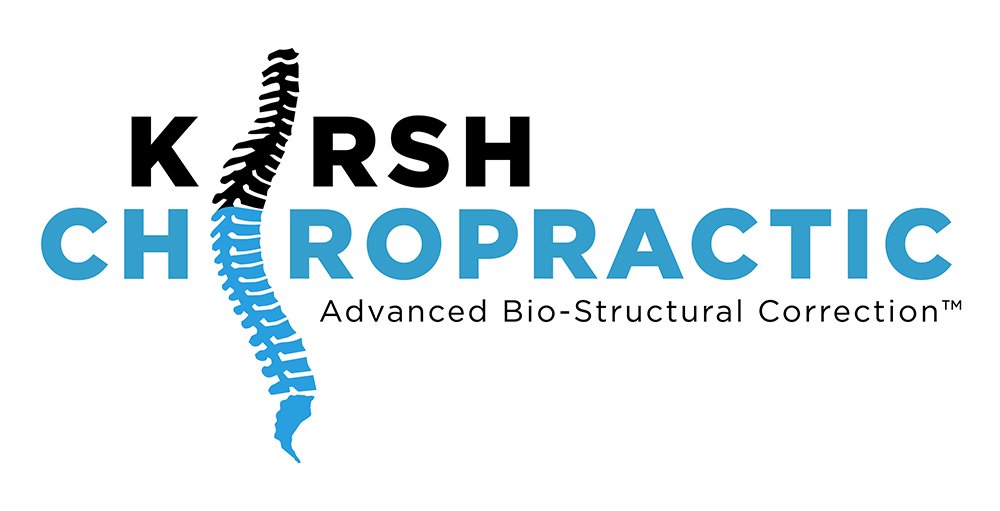Squatting: Back To Basics
Squatting is considered by some to be the “king” of exercises as it develops a full functional movement within most of the body while targeting large and important muscle groups of the trunk and lower limb. The squat is utilised in many exercises as well as sports and as such requires proper technique and mobility to maximise desired results. More importantly, to the average person, squatting is something we do regularly throughout each day. Whether it’s getting in and out of the work chair, car, or the couch, squatting is something we need to be able to perform with relative ease. Most people would take this seemingly simple movement for granted but the reality is squatting consists of a complex series of steps which when performed incorrectly can lead to a number of injuries ranging from low back problems, working down to the hip, knee and ankle. Whether squatting is part of your weekly workout or if you’ve never considered the movement in your life, there are some key points which can help to make sure you’re doing the exercise correctly.
Let’s take a simple step by step approach to doing a basic squat:
Start upright with feet shoulder width apart and head in a neutral position looking straight ahead
Draw your shoulders back and pull your scapula down, engaging your back muscles and find a “neutral spine” position for your low back (this is a very important step when adding a barbell/weight to your squat)
Breath in and engage your “core” muscles, keeping everything tight as you descend
Begin the movement with a “hip hinge”, meaning you initiate the squat by bending at the hips followed by knee flexion. Keep the knees over the ankles as best you can for the entire movement and go as low as you can comfortably (i.e. no pain) or until thighs are close to parallel with the ground. Depth of squat will be discussed later.
Breathe out as you begin to ascend, maintaining back and core stability
The way to progress in squatting, once the basics have been achieved, is to add weight, which is usually done with a barbell along with moving towards greater depth of squat. Barbells can be held either in front of the body (front squat) or behind the body on the shoulders (back squat). Front squats can be a good place to start if you suffer from long standing knee problems as it puts lets compressive forces through the joint and less weight will be used.
Back squats are the more traditional style of the barbell squat and are certainly recommended. From an ABC perspective there is consideration that should be taken into account with regards to where the barbell sits when performing a back squat. There are two basic bar positions for back squats called high and low bar. The high bar sits quite far up around the base of the neck and may cause issues for some people as it can put a lot of stress on that area of the spine, pushing those vertebrae forward, which is counteractive to what we are trying to achieve during your adjustment. To minimise these forward pressures at such an important part of the spine, it may be more suitable for some to use a low bar position, which is simply moving the bar lower down onto the mid back. The different bar positions will affect the mechanics of your squat so where you hold the bar will come down to overall comfort.
Lastly, the depth of squat is an important part of progression as it’s a marker of increased mobility and helps to target the gluteus maximus muscle (big bum muscle) which is important for stabilising the low back and maintaining proper function of the lower limb. In general, the closer to the ground you can get your buttock the better. Ultimately, you must work within the limits of your body. So, if you start to feel pain in anywhere, find yourself being pulled or rounded forward through your upper or mid body, or lose your “neutral spine”, you’ve gone beyond the appropriate depth. Always remember to keep your back and “core” engaged throughout the entire squatting movement. If you’re unsure about whether your technique is correct or feel like something’s not quite right don’t hesitate to ask your Chiropractor to assess your squat at an appropriate time. I look forward to seeing everyone’s best squat in clinic!
